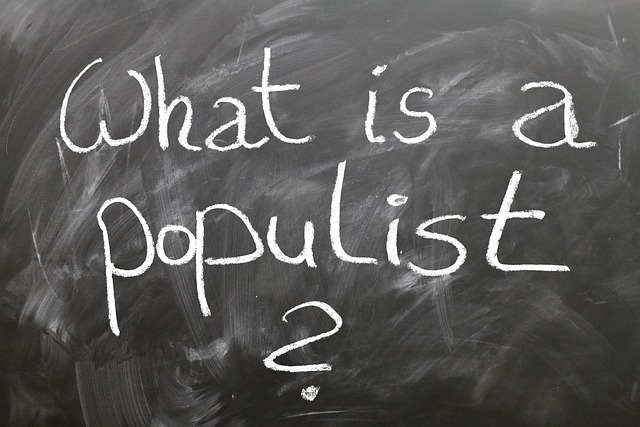The Role of Rhetoric in Modern Science: A Phenomenological Perspective
In the intricate landscape of modern science, where theories are proposed, tested, and either validated or discarded, rhetoric emerges as an essential component in the communication of complex ideas. It is not merely a tool for persuasion but rather a profound means of engaging with the world and shaping our understanding of it. From a phenomenological perspective, rhetoric invites us to explore how scientific discourses influence our perception of reality, enriching our experience and knowledge.
Science, often perceived as purely empirical and logical, is deeply embedded in a web of narratives and constructs that give meaning to data and findings. Rhetoric, in this context, acts as a bridge – it connects the abstract nature of scientific results with the lived experiences of individuals and communities. When scientists present their work, they do more than share facts; they craft stories that embody their discoveries, allowing listeners to resonate emotionally with the significance of those findings.
Consider how groundbreaking scientific theories are often accompanied by powerful metaphors that catch the imagination. For instance, the way in which quantum mechanics is described may invoke imagery of a cosmic dance, conveying the beauty and mystery inherent in the behavior of particles. Such rhetorical flourishes not only clarify but also evoke wonder, inviting both scientists and laypeople alike to contemplate the profound implications of modern physics.
The phenomenological aspect of rhetoric lies in its ability to shape our interactions with the scientific world. When scientists employ rhetoric skillfully, they do not just communicate; they invite us into a shared space of exploration. This process transforms the recipient from a passive observer into an active participant, encouraging engagement with the material, conceptual, and ethical dimensions of science. We find ourselves reflecting on the impact of scientific progress on our daily lives, our environment, and even our very existence.
Moreover, in an era characterized by rapid technological advancements, the role of rhetoric becomes even more pronounced. As we navigate through a deluge of scientific information, the ability to discern credible voices from sensationalized ones is paramount. Rhetoric becomes a lens through which we filter and interpret the scientific narratives surrounding us, prompting us to question not just the data but also the motivations and implications behind them. This critical engagement is a necessary skill in an age where misinformation can easily proliferate.
Modern philosophy further enriches this exploration of rhetoric in science. Philosophers of science, such as Thomas Kuhn and Karl Popper, have long deliberated on the role of language in the acceptance or rejection of scientific paradigms. Their works suggest that the rhetoric used in scientific discourse can significantly influence the trajectory of scientific inquiry itself. By framing questions, articulating hypotheses, and conceptualizing results, rhetoric shapes not only what we study but also how we interpret our findings and their relevance to the human experience.
It is this interplay between rhetoric, science, and phenomenology that invites us to reflect on our relationship with knowledge. The stories we tell through our scientific endeavors shape our perceptions, driving not just intellectual pursuits but also emotional and existential inquiries. In embracing how rhetoric informs scientific discourse, we acknowledge the profound human element embedded within the pursuit of knowledge, encouraging a holistic understanding of our scientific narratives.




